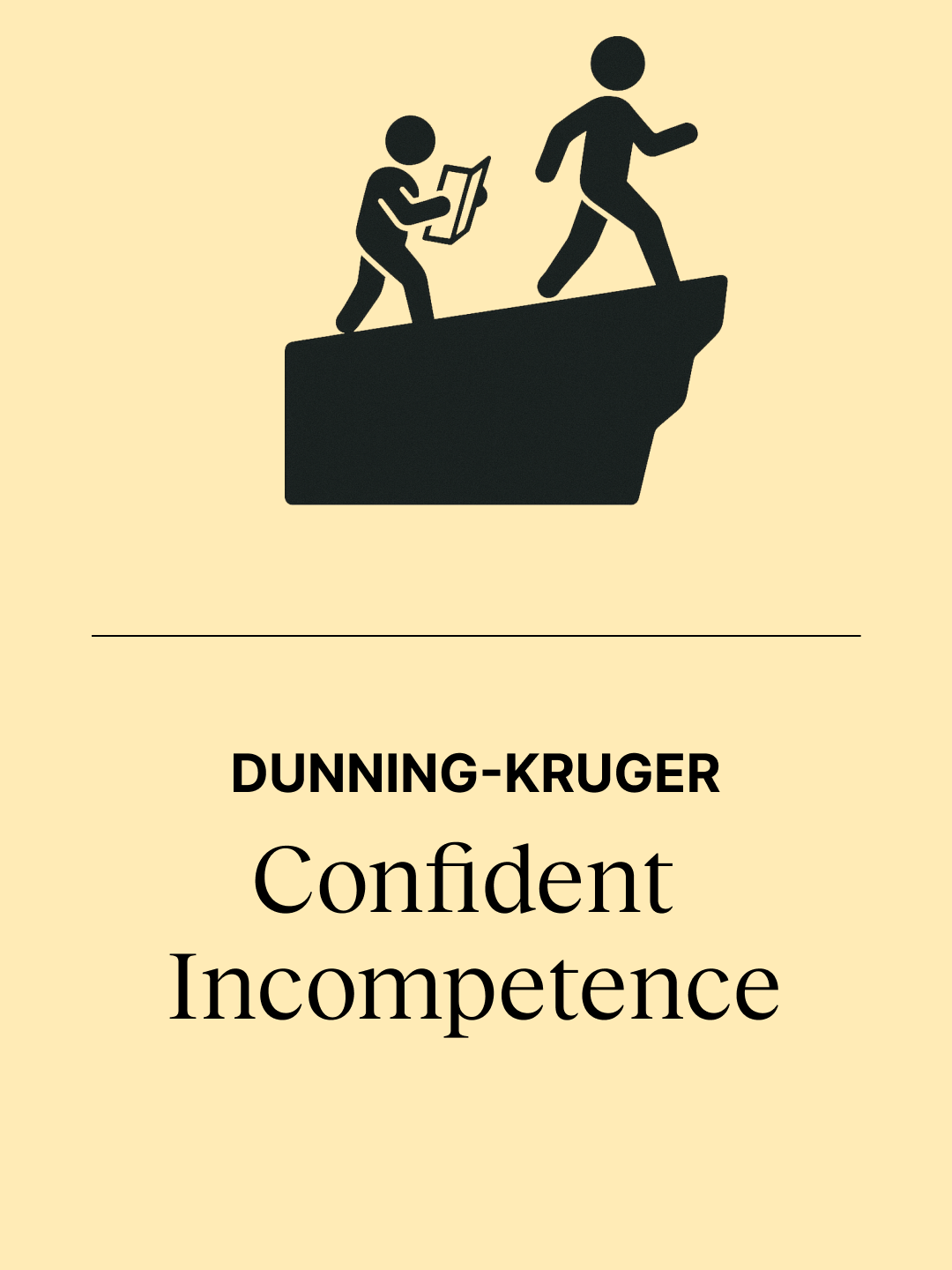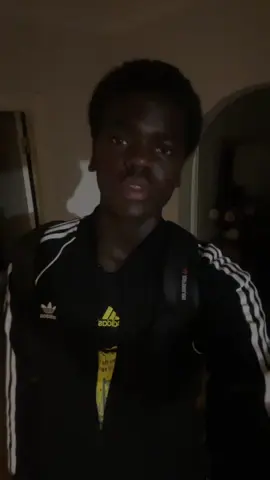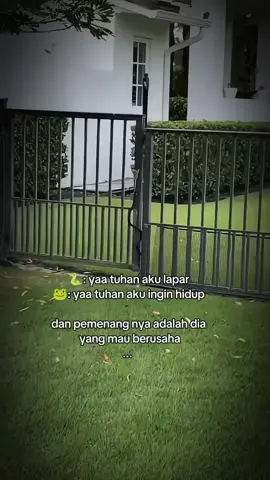ISSAM BUSSETTA / عصام بوستة
Region: MA
Sunday 20 July 2025 21:13:56 GMT
5426
391
5
16
Music
Download
Comments
أبو آدم :
صدق الله العظيم
2025-07-22 05:00:44
2
niro :
🥰🥰🥰
2025-07-20 21:18:47
1
dakhla dakhla :
😂
2025-08-08 23:01:31
0
Tgff Erryyyffhitqaqshko7tvhtr :
♥♥♥
2025-07-23 23:47:46
0
ابو عبدالله :
اللهم امين يارب العالمين وإياكم جميعا 🌹
2025-07-22 13:22:01
0
To see more videos from user @issamboussetta61, please go to the Tikwm
homepage.





